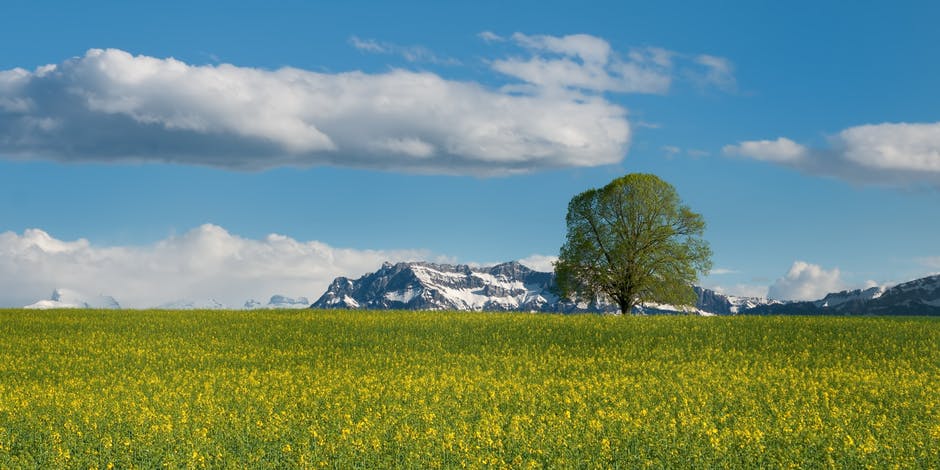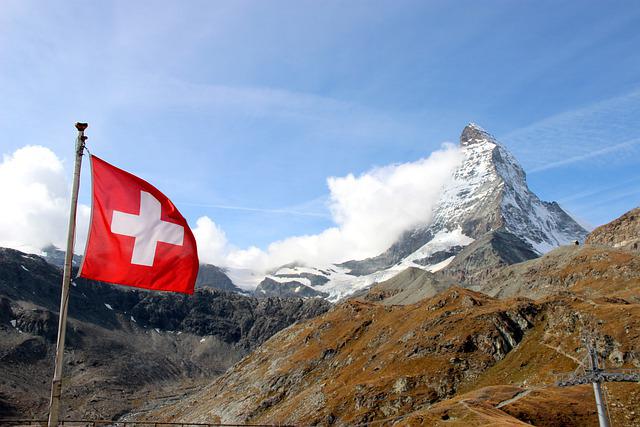Italy or Italia, officially the Italian Republic or Republic of Italy, is a country that consists of a peninsula delimited by the Alps and several islands surrounding it, whose territory largely coincides with the homonymous geographical region. Italy is located in the middle of the Mediterranean Sea, in Southern Europe; it is also considered part of Western Europe. A unitary parliamentary republic with Rome as its capital and largest city, and shares land borders with France, Switzerland, Austria, Slovenia, as well as the enclaved microstates of Vatican City and San Marino. Italy has a territorial exclave in Switzerland, Campione.
Italy is the third-most populous member state of the European Union. Due to its central geographic location in Southern Europe and the Mediterranean, Italy has historically been home to myriad peoples and cultures. An Italic tribe known as the Latins formed the Roman Kingdom in the 8th century BC, which eventually became a republic with a government of the Senate and the People. The Roman Republic initially conquered and assimilated its neighbours on the Italian peninsula, eventually expanding and conquering parts of Europe, North Africa and Asia. By the first century BC, the Roman Empire emerged as the dominant power in the Mediterranean Basin and became a leading cultural, political and religious centre, inaugurating the Pax Romana, a period of more than 200 years during which Italy's law, technology, economy, art, and literature developed. During the Early Middle Ages, Italy endured the fall of the Western Roman Empire and the Barbarian Invasions, but by the 11th century, numerous rival city-states and maritime republics, mainly in the northern and central regions of Italy, became prosperous through trade, commerce, and banking, laying the groundwork for modern capitalism. The Renaissance began in Italy and spread to the rest of Europe, bringing a renewed interest in humanism, science, exploration, and art. Italian culture flourished, producing famous scholars, artists, and polymaths. During the Middle Ages, Italian explorers discovered new routes to the Far East and the New World, helping to usher in the European Age of Discovery. Italy has an advanced economy. The country is the ninth-largest by nominal GDP (third in the European Union), the eighth-largest by national wealth and the third-largest by central bank gold reserve. It ranks highly in life expectancy, quality of life, healthcare, and education. The source of many inventions and discoveries, the country has long been a global centre of art, music, literature, philosophy, science and technology, and fashion and has greatly influenced and contributed to diverse fields including cinema, cuisine, sports, jurisprudence, banking, and business. As a reflection of its cultural wealth, Italy has the world's largest number of World Heritage Sites (58), and is the fifth-most visited country.


